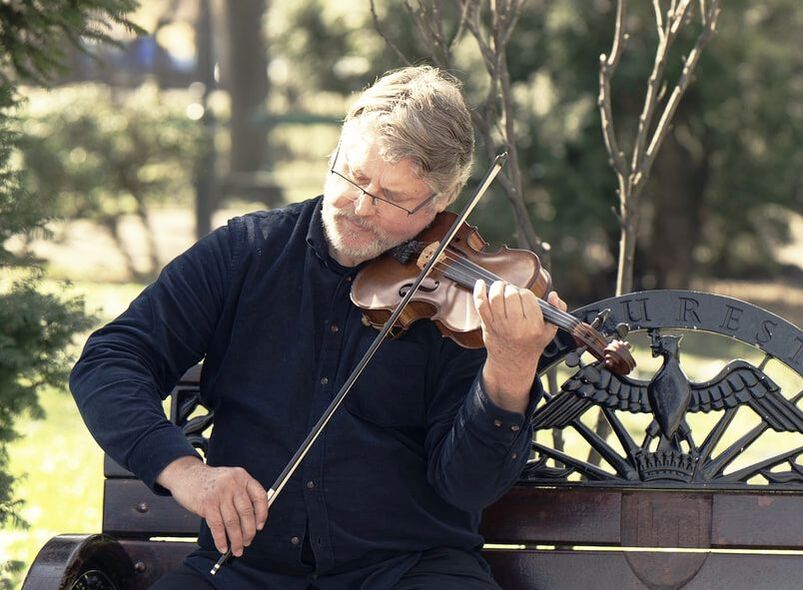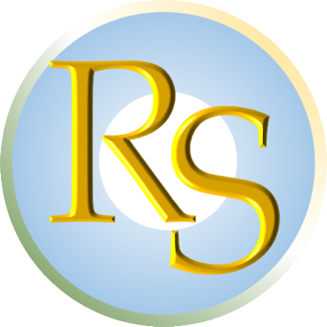
Image by Mircea Iancu from Pixabay
Every human being has their unique excellence. It is a particular talent, skill or ability possessed deep inside, which is unusually good and so surpasses ordinary standards.
You may already be certain of your own excellence. If that is the case, the part of this article about it might not be relevant to you (although you still may find the Timeline Method useful for other purposes). However, most people do not know what their best qualities are. Inhibited by the chores and pressures of everyday life, people often forget about their unique strengths and talents. They may not even be aware they have any excellence at all. Once we are able to reclaim that lost power, though, we can redirect our lives toward any path. We can find a unique purpose on Earth and make our lives immensely happier. The Timeline Method How do we achieve that? Here is one direct method for finding our excellence: the Timeline Method. First draw a simple timeline on a sheet of paper, with a zero point representing the year of your birth, and a point near the right arrow, indicating your present age, as shown below.
Now, say that you are 40 years old. Divide your lifetime into 5-year periods, which in this case means to divide the line span between birth and present into 8 parts (see figure below).
Then, try to recall a few of the most important events in your life for each 5-year period, whether they are positive (pleasant) or negative (unpleasant) to you. When I am talking about events, I mean experiences. They can be sudden and brief incidents, related to an exact point in time, or kind of fuzzy impressions, even stretching through longer periods of your life. They might be a mix of positive and negative feelings, rather than just one. The only criterion for the importance of events should be the intensity of emotions connected with them, regardless of their pleasantness.
So, although our intent is to recollect positive experiences related to important achievements from our past, it is necessary to search for all types of experiences (positive, mixed, and negative ones), because that will ease the whole process of recollection. The events will flow out from our memory more naturally. Also, this timeline may play a tremendous role in other aspects of your inner work. Perhaps you might want to work with traumas from your past, using, for example, Accepting the Temporary I technique to dissolve the unpleasant emotional burden of events. You could also do this without drawing the timeline. However, a visual representation of the concrete periods of your past is a good stimulus for your subconscious mind and smoother memory recollection. You may put pleasant and mixed experiences above the timeline, and the unpleasant ones below it. It might look something like the figure below:
Write down the labels for every experience, together with dominant emotions and names of the most significant people involved in each life event.
Finding the Excellence With all this in front of you, you will begin the process of finding your excellence by making a new list out of all these pleasant experiences. It will just be a starting point for this purpose. These positive events will be a basis for a much broader list. Following each period from the timeline, write down every single achievement in your life that you can recall. Both your big and small achievements should be written down.
Important criteria for these attainments are only two qualities: first, you loved doing them, so they were easy or natural, and second, you were happy with the result.
Next, analyze and compare these achievements by passing through the whole list. Search for your individual traits which were praised most often, and which of your personal qualities had steered you toward every single accomplishment. Write down which traits and skills you had during those moments, or periods, that were required for achieving those feats. You may attach at least two personal qualities to each accomplishment. Next, go over all your newly written skills on the list. Find the most frequent and significant skills. If you can, it is best to extract only one or two of them. These are your abilities and talents that you should use for all your future endeavors; taken jointly, they are your excellence. For instance, your true excellence might be public speaking, personal development, decision making, math, accounting, bookkeeping, sports, painting, music, singing, writing, legal, marketing, programming, humor, photography, video creation, wisdom, foreign languages, teaching, training, leadership, strategic planning, story telling, fitness, ability to focus, conflict resolution, futurism, … Anyway, this revelation may be revolutionary to you. Thanks to it, you will be able to define or modify your life goals in accordance with your rediscovered excellence. You can steer your life in the same direction with much more confidence, or to change your direction whatsoever. Good luck with your inner work! :-)
0 Comments
Leave a Reply. |
Please note that most of the articles have a "Read More" break, which is sometimes hardly visible.
It is located at the bottom of visible part of the article, on the right side. To continue reading the article, click on that link. This page may contain affiliate links meaning we earn a commission if you use those links.
We only recommend pages we appreciate and trust. Archives
March 2023
Categories
All

|
For guest posts or placing ads on our website, please use the contact form on the 'About/Contact Us' page.





 RSS Feed
RSS Feed

